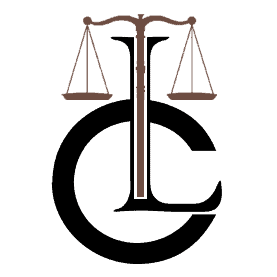Getting arrested and charged with driving while intoxicated (DWI) can be a life-changing experience. The legal process can be long and complicated, and it can be tough to navigate it without the help of a skilled DWI attorney.
In this article, we will explore how a skilled DWI attorney can challenge the evidence in your case and help you get the best possible outcome.
Understanding evidence in DWI cases
In DWI cases, evidence plays a crucial role. Evidence can include everything from chemical test results to witness testimony. Understanding the different types of evidence is essential for a DWI attorney for developing a solid defense strategy.
Common types of evidence in DWI cases
There are several types of evidence that are commonly used in DWI cases. These include:
1) Chemical test evidence
Chemical test evidence is crucial in DWI cases and is obtained through blood, breath, or urine tests. It's important to note that if you're facing a DWI charge and have been asked to take a chemical test, it's important to save evidence-related messages that could help you build a strong defense.
Coming back to chemical tests, in most states, a BAC level of 0.08% or higher is considered legal intoxication, and the results of these tests can be used as evidence against you in court.
2) Field sobriety test evidence
Field sobriety tests are physical tests that police officers use to determine if an individual is impaired. These tests can include everything from standing on one leg to walking in a straight line. However, these tests are often unreliable and can be challenged in court.
3) Witness testimony evidence
Witness testimony can come from a variety of sources, including police officers, passengers, and bystanders. This type of evidence can be particularly powerful, but it is often subjective and can be challenged in court.
How a skilled DWI attorney can challenge the evidence in your case
The right DWI attorney can challenge the evidence in your case in a variety of ways. Here are some of the most common strategies:
1) Challenging chemical test evidence
Chemical test evidence can be challenged in several ways. For example, the attorney may argue that the testing equipment was not calibrated correctly or that the individual's BAC level was affected by something other than alcohol (such as mouthwash).
2) Challenging field sobriety test evidence
Field sobriety test evidence can also be challenged in several ways. An experienced attorney may argue that the tests were not administered correctly or that the results were affected by external factors such as poor lighting or uneven terrain.
3) Challenging witness testimony evidence
Witness testimony can also be challenged in court. A skilled attorney may question the reliability of the witness or argue that their testimony is biased or inaccurate.
The Bottom Line
Getting arrested and charged with DWI can be a life-changing experience. However, with the help of a skilled DWI attorney, you can challenge the evidence in your case and achieve the best possible outcome.
By understanding the different types of evidence and how to challenge them, you can protect your legal rights and move forward with your life.
Hair relaxer and cancer risk: what to do when you fall victim.
 Law Credo
Law Credo






